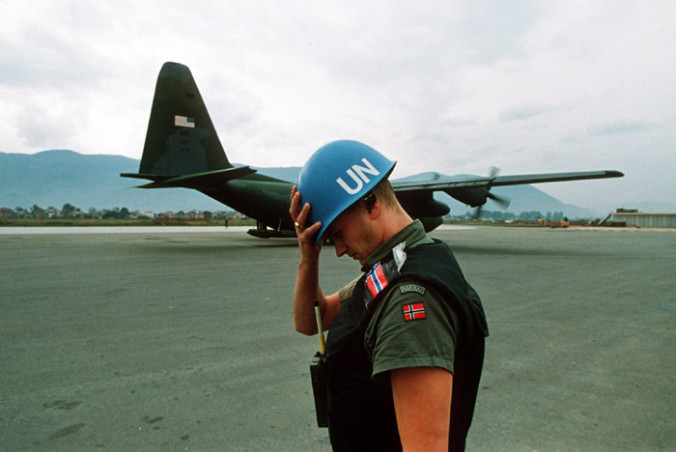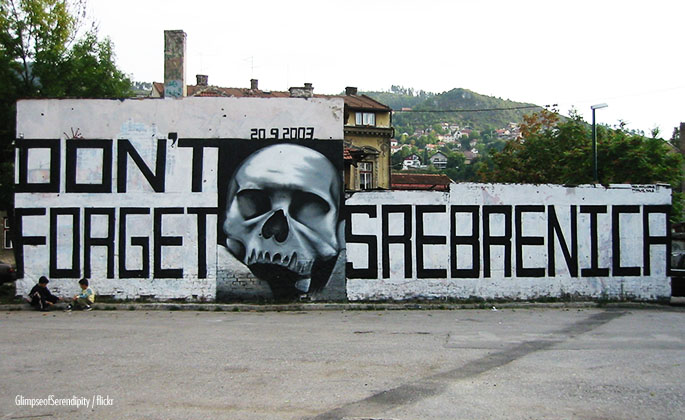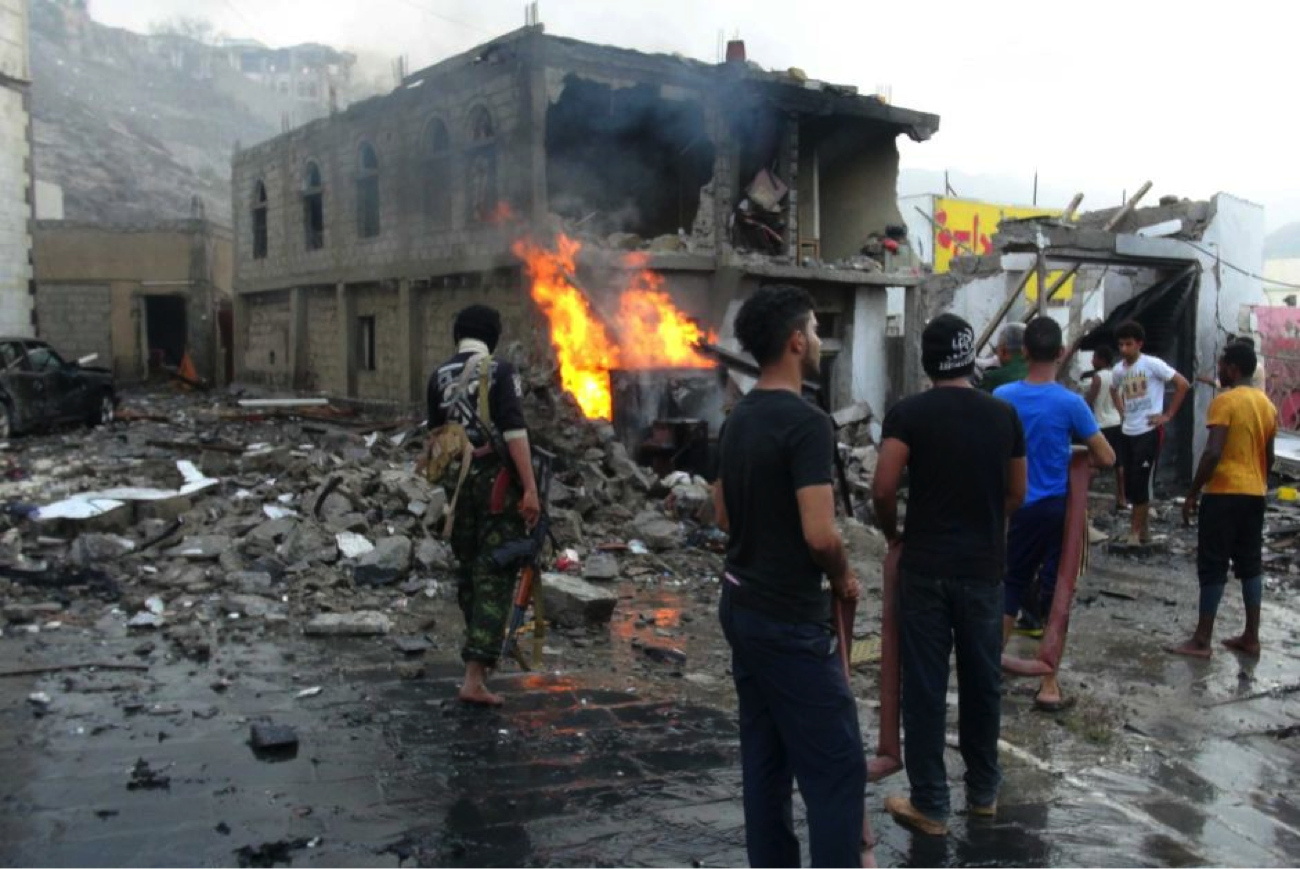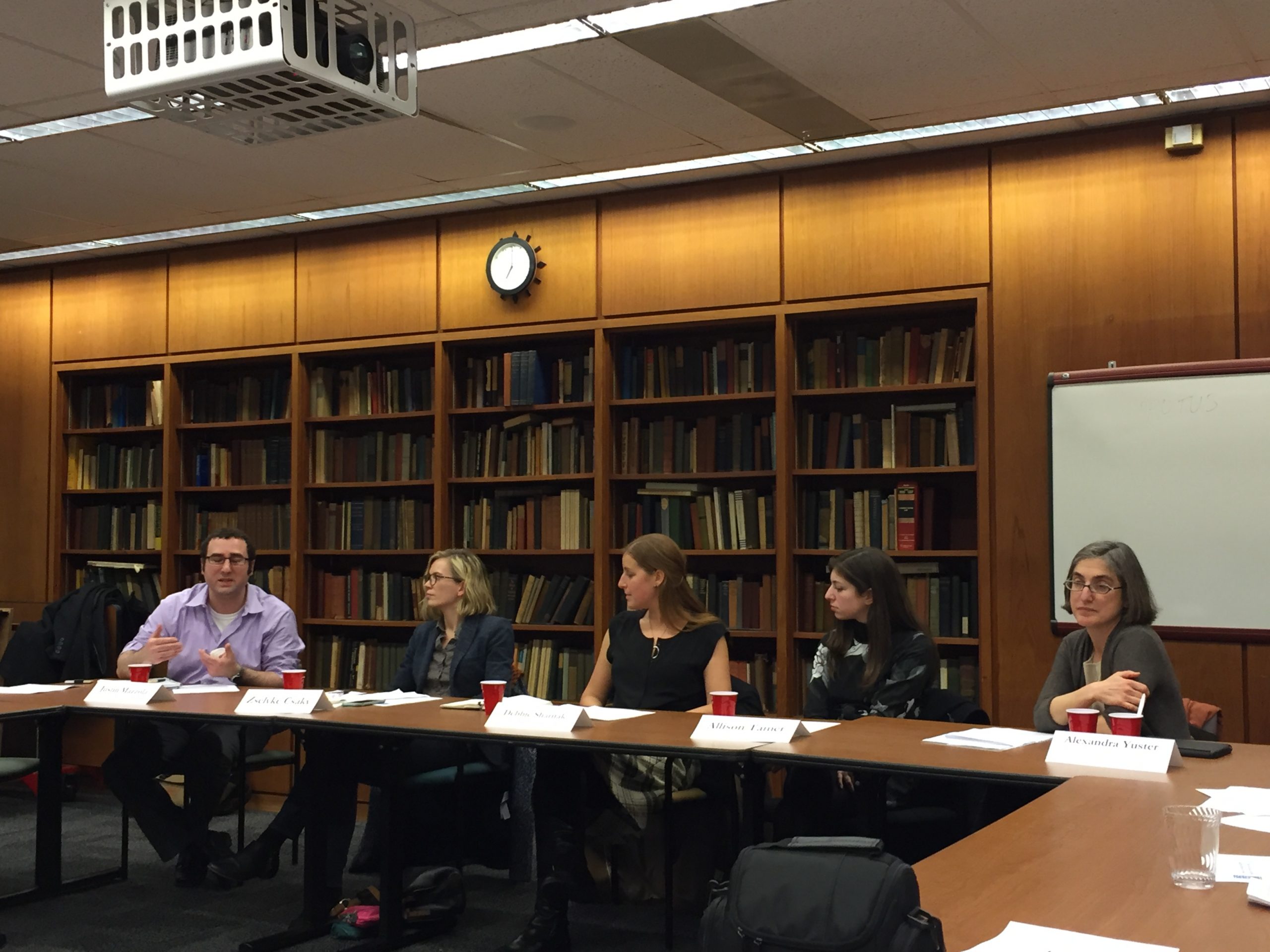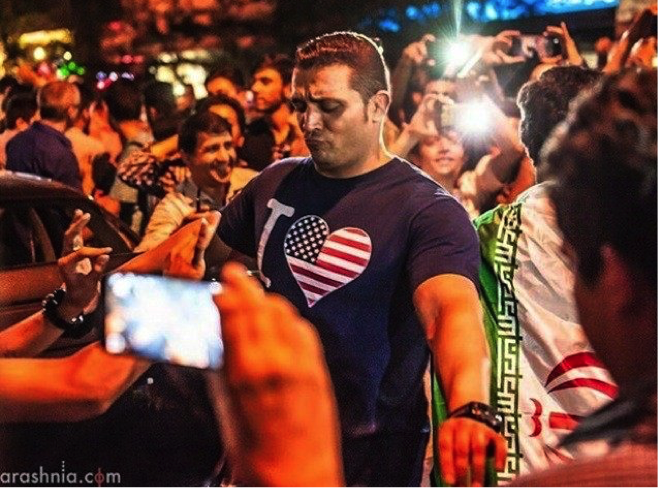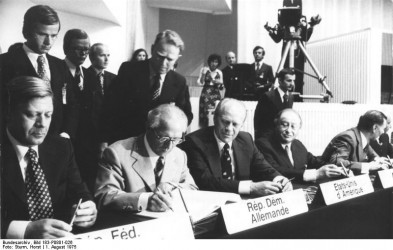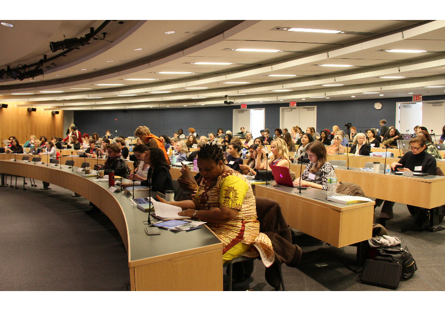
Implementing the Women, Peace and Security Agenda at the 60th Session of the Commission on the Status of Women
By Marina Kumskova, an MA student in Human Rights
The 60th session of the Commission on the Status of Women (CSW60) took place at the United Nations Headquarters in New York this past March, with a view to highlight the link between women’s empowerment and sustainable development. Human rights activists, civil society organizations, and local leaders expressed their demand for a change in the current priorities of Member States, using the CSW60 as a platform to call for greater investment in women’s participation within peace processes, and a parallel divestment from militarism.
If safeguarding political economies of gender justice and peace are prioritized over economies of inequality and war, the outcomes of CSW60 will have a positive impact on the lives of women, men, girls, and boys around the world.
Demanding the stigmatization and elimination of militarization, as well as the creation of space for women’s participation in peace processes, various organizations and NGOs* hosted a symposium titled, “Implementing the Women, Peace...

